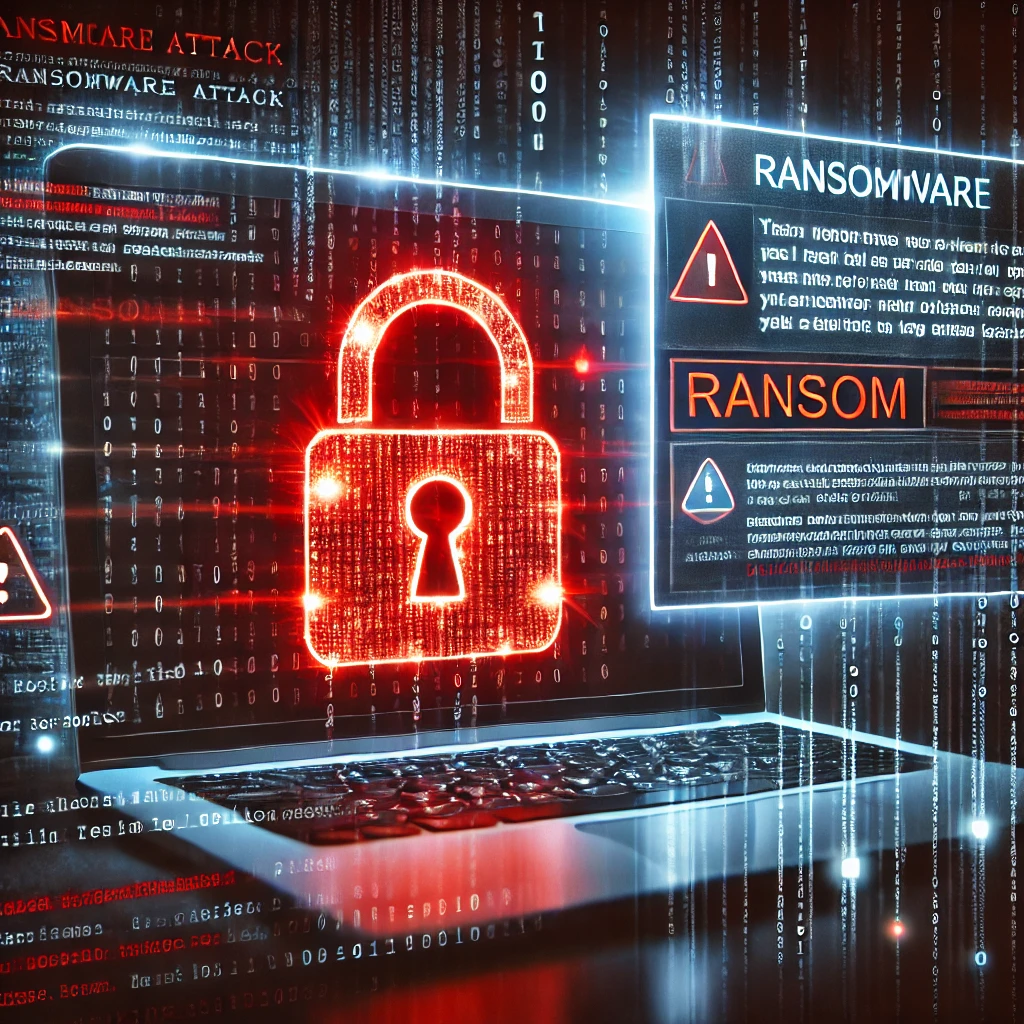Many small businesses assume hackers only go after large enterprises, but cybercriminals are increasingly targeting small and mid-sized businesses due to weaker defenses. This post will break down why ransomware is such a growing threat, how attackers operate, and steps businesses can take to prevent, detect, and respond to ransomware threats.
Ransomware attacks have evolved beyond targeting large corporations and government entities—cybercriminals are now setting their sights on small businesses. With fewer cybersecurity resources and often weaker defenses, small businesses present an easier target for attackers looking to maximize their profits. Unlike large organizations that have dedicated security teams, small businesses often lack the infrastructure to detect, prevent, or recover from such attacks efficiently.
The impact of ransomware on small businesses can be devastating. Beyond the immediate financial loss from ransom payments, downtime, and recovery costs, businesses also face reputational damage and potential legal consequences if customer data is compromised. With cybercriminals leveraging increasingly sophisticated tactics, understanding the risks and implementing strong cybersecurity measures has never been more crucial for small businesses.



